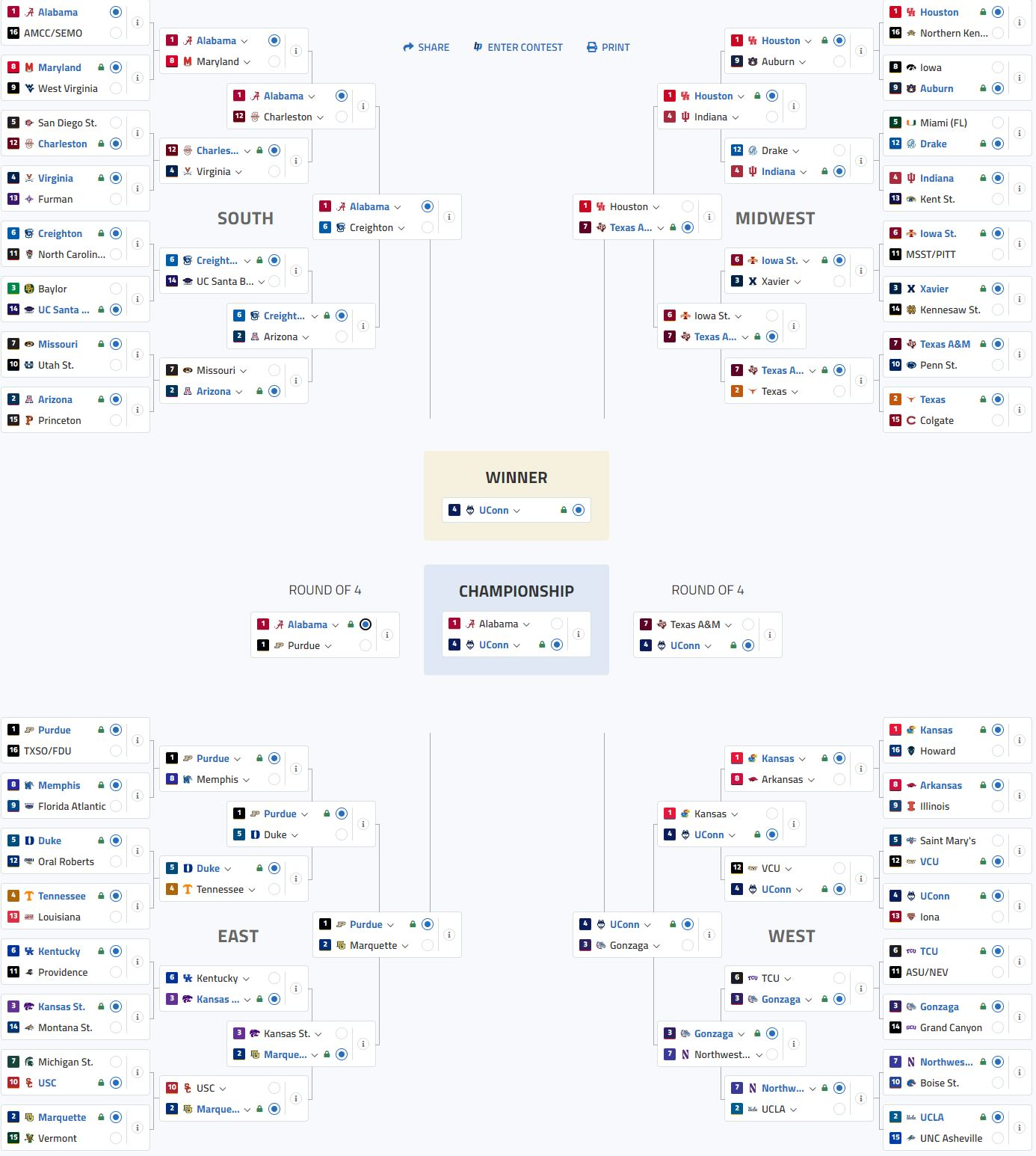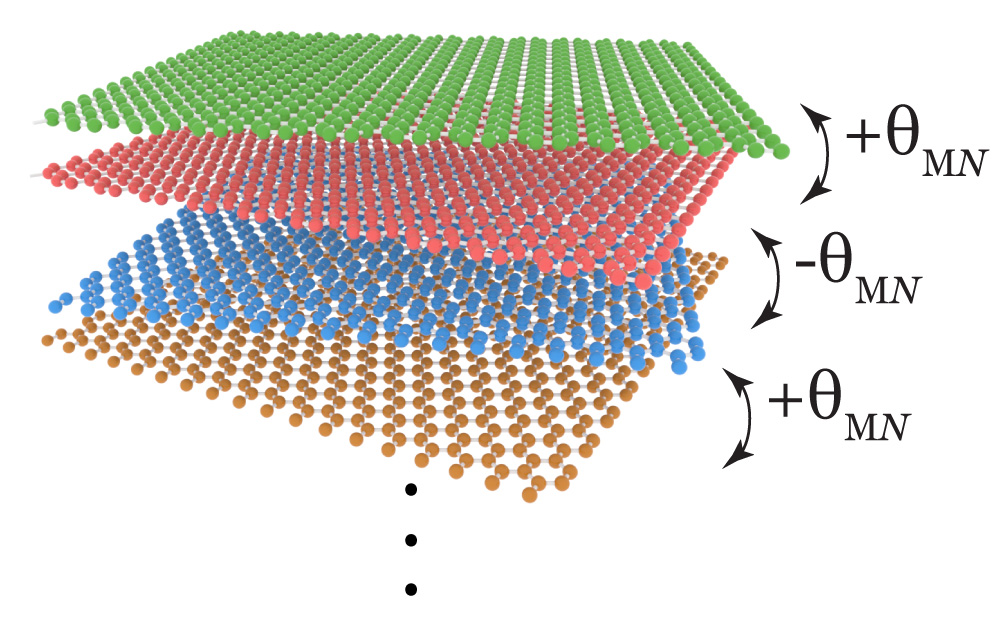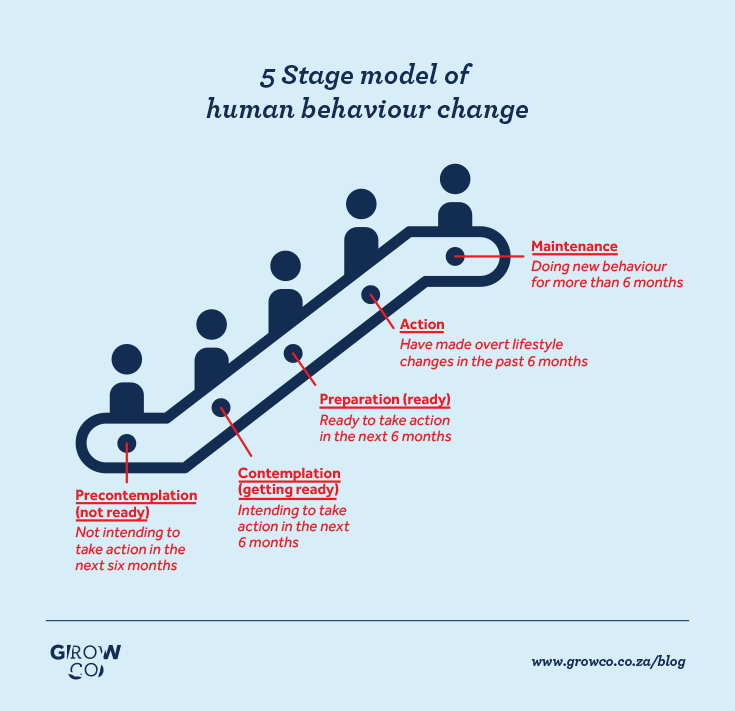Understanding NCAA bracket odds is essential for anyone looking to compete in this exhilarating tournament. Each March, fans engage in the excitement of predicting outcomes, yet the odds of crafting a perfect NCAA bracket remain astronomically low. To put it in perspective, achieving this feat is similar to winning the Powerball lottery twice in quick succession, as it requires accurately predicting 63 games. Given bracketology statistics and March Madness statistics, even seasoned statisticians emphasize the improbability of this challenge. Instead of aiming for perfection, participants should focus on strategies to win their NCAA pool by making informed choices about favorites and potential upsets.
When discussing the chances of success in the NCAA tournament, many often refer to the concept of a perfect bracket, which captivates the imagination of fans and analysts alike. The intricate world of NCAA predictions involves various methods for calculating bracket odds, often driven by complex statistical models and historical data. The unpredictability of the tournament is akin to a high-stakes gamble, where both luck and analysis play crucial roles in deciphering outcomes. As sports enthusiasts dive into the realm of bracketology, they must navigate the delicate balance between choosing top-ranked teams and considering likely surprises that can disrupt even the most carefully constructed plans. Ultimately, the journey of filling out a bracket is as much about enjoying the thrill of competition as it is about the elusive dream of perfection.
Understanding the Odds of a Perfect NCAA Bracket
Calculating the odds of achieving a perfect NCAA bracket is a monumental task that most experts deem nearly impossible. With 63 games to predict correctly, the mathematical probability is staggering: one in 2 raised to the 63rd power, which translates to quintillions of potential outcomes. This calculation illustrates just how astronomically rare it is to create a flawless bracket, akin to winning the lottery multiple times. As the March Madness tournament progresses, statistics show that no one has ever documented a perfect bracket, reinforcing the understanding that this feat is highly unlikely to occur in anyone’s lifetime.
To put this in perspective, comparing the odds to a scenario like flipping a coin may be misleading. Instead of envisioning a simple 63 coin flips, the reality is more complex, since the unpredictability of match-ups and team dynamics plays a crucial role during the tournament. Many top seeds often advance, particularly in the first round, and as the tournament unfolds, every unexpected result contributes to the difficulty of perfect predictions. Although some experts suggest that predicting outcomes based on team rankings and performance trends can increase one’s chances, it ultimately involves a significant degree of chance.
Frequently Asked Questions
What are the odds of creating a perfect NCAA bracket?
The odds of achieving a perfect NCAA bracket are astronomically low, calculated at 1 in over 9.2 quintillion. This figure highlights the complexity involved in predicting the outcomes of all 64 games correctly, contrasting it with winning the lottery twice. Historically, no one has reported creating a perfect bracket, emphasizing the challenge presented by March Madness statistics.
How do you calculate NCAA bracket odds for a given matchup?
Calculating NCAA bracket odds involves analyzing various factors like team performance, seed ranking, and historical matchup outcomes. Bracketology statistics provide insights into how teams are likely to perform based on previous games, enabling bettors to estimate the probabilities of different outcomes for each game.
What strategies can improve my chances of winning an NCAA pool?
To increase your chances of winning your NCAA pool, you should not only select favorites based on bracketology statistics but also identify potential upsets. Researching team form, injuries, and past tournament performances helps set your picks apart. This mixed approach is crucial, especially in larger pools, where differentiation is necessary to emerge victorious.
What role do March Madness statistics play in filling out brackets?
March Madness statistics are vital for informing decisions when filling out brackets. They provide relevant data on team performance, historical success rates, and potential matchups, allowing participants to make informed predictions about each game’s outcome. Utilizing these statistics can greatly enhance the likelihood of achieving a successful bracket.
Why is it important to consider bracketology when determining NCAA bracket odds?
Bracketology refers to the art and science of predicting NCAA tournament outcomes. By analyzing bracketology, you gain insights into team dynamics, potential matchups, and historical data. This information is essential for accurately calculating NCAA bracket odds, helping you make smarter picks to enhance your chances in tournaments or office pools.
| Key Point | Description |
|---|---|
| Probability of a Perfect Bracket | Achieving a perfect NCAA bracket involves correctly picking the outcome of 64 games, yielding odds of 1 in 2^63, compared to winning the Powerball twice. |
| Historical Context | No one has ever achieved a perfect bracket, underscoring the extreme difficulty of the task. |
| Top Seeds and Upsets | Top teams rarely lose, especially in the early rounds, so even choosing favorites requires selecting some potential upsets to stand out in pools. |
| Office Pool Strategy | Success in office pools depends on the number of participants; balancing favorites with strategic upsets can enhance your chances. |
| Statistical Analysis | Educated guesses based on team performance, rather than random selection, can increase your odds of filling out a competitive bracket. |
Summary
The NCAA bracket odds of achieving a perfect bracket are astronomically low, making it an exceedingly rare feat. While many fans engage in filling out brackets with enthusiasm, the reality is that a perfect prediction is almost impossible due to the unpredictability of games and outcomes. Statistically, the odds are comparable to winning the lottery multiple times, and as history has shown, no individual has succeeded in crafting a flawless bracket. For those participating in office pools, a balanced strategy of picking favorites and identifying a few upsets may boost their chances, particularly in larger groups. Understanding the dynamics of the tournament allows fans to enhance their experience while engaging with the thrill of NCAA basketball.




